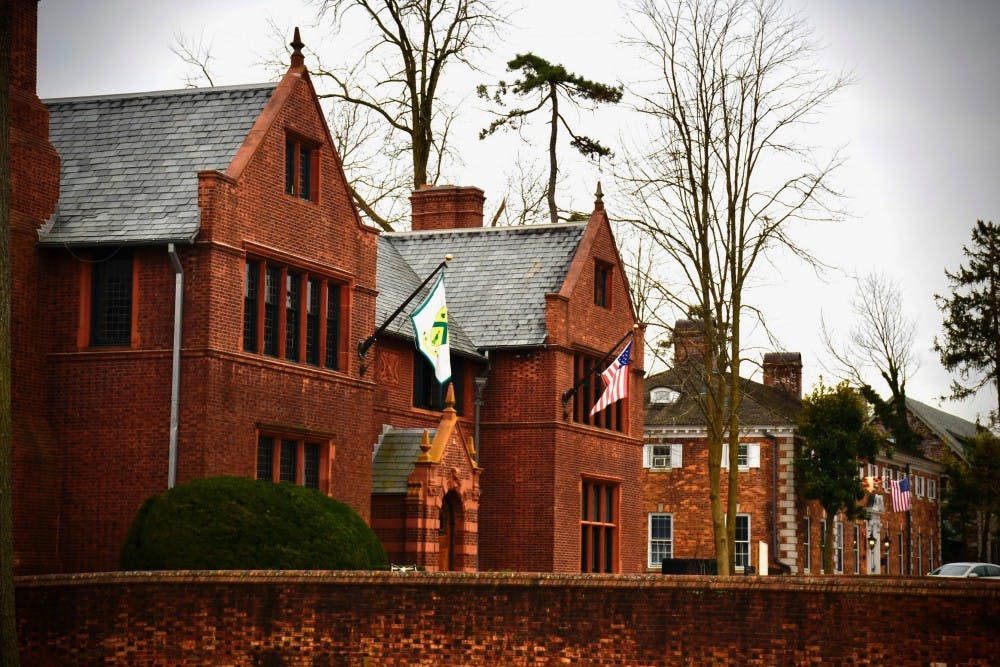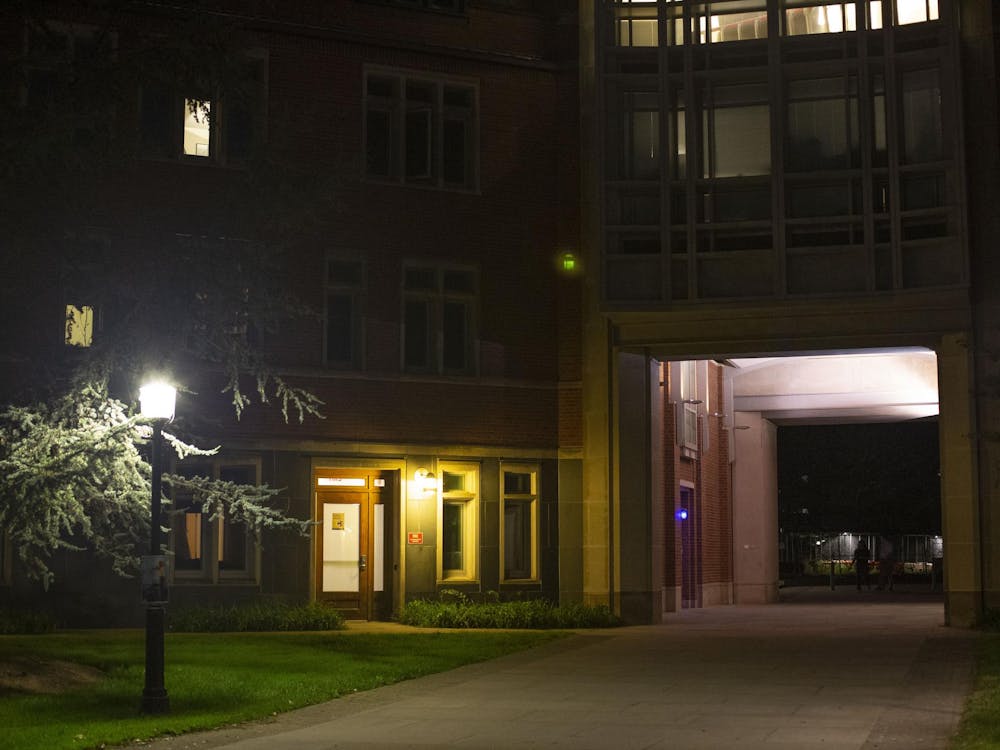On Thursday, Jan. 16, Sexual Harassment/Assault Advising, Resources, & Education (SHARE) and the Interclub Council (ICC) announced the creation of the SHARE Council for Eating Clubs (SCEC).
The group will comprise one SHARE peer from each club. In clubs with no members who are SHARE peers, a liaison will be appointed to work with the SHARE office.
Former SHARE Vice President of External Development Matthew Merrigan ’20, a SHARE peer and member of Ivy Club, will serve as chair of the body.
“The purpose of the SCEC is to foster relationship building between SHARE and the eating clubs,” the ICC statement noted, “and improve consistency of SHARE trainings within the clubs, with the overall goal of keeping the Street safe.”
At present, SHARE interacts with both eating clubs and other extracurricular organizations through the External Development skills group. Under the new system, SHARE will continue to engage with the latter through the skills group, while the SCEC will work with the clubs.
“Anyone, whether or not you’re a member of a club, should feel comfortable in club spaces — at least with regard to SHARE,” Merrigan said. “I think [the SCEC] is really important in ensuring that everybody feels safe and welcome in [the] clubs.”
With the advent of the SCEC, SHARE Director Jackie Deitch-Stackhouse hopes the group’s messaging and initiatives on Prospect Avenue will become stronger. She explained that the SCEC represents “a culmination of conversations, attempts, and a real good-faith effort to enhance the supports within eating clubs.”
“I’ve been here for eight years now, and I think over the years the relationships have really gotten stronger,” she added. “I see the SCEC as an example of that. It’s not the only example of all the good work that’s happening, but it’s a really significant example.”
In the current setup, SHARE peers serve as points of contact for their respective extracurriculars and clubs, communicating with SHARE on behalf of their groups. SHARE holds four major programming events at each club, and SHARE peers act as resources when potential interpersonal conflicts arise.
Additionally, Deitch-Stackhouse pointed out that the option of talking with a SHARE peer — rather than going directly to the SHARE office — may increase the likelihood that students seek assistance.
At the time of publication, Charter Club, Terrace Club, and Quadrangle Club lack members who are SHARE peers. With the new partnership, the ICC and SHARE office hope to alleviate this problem.
Under the SCEC, clubs without SHARE peers will be assigned one. Along with a club officer appointed to represent their club in the SCEC, the designated peer will coordinate between the club and SHARE.

According to the ICC release, “The new SCEC offers a platform for the coordination of these liaisons in a more permanent, collaborative structure, with the goal of improving interclub dialogue and cooperation for SHARE-related initiatives.”
“It’s really great to just have a resource that is in your club, ideally, and is able to provide all the knowledge needed and all the advice needed,” ICC President and former Cloister Inn President Meghan Slattery ’20 said. “It’s really just putting the conversation in the hands of the students who are best trained to [facilitate] and partnering with them.”
Deitch-Stackhouse said Merrigan began recognizing the absence of SHARE peers across the Street while he was serving as SHARE’s Vice President for External Development.
“Because that role has such a strong connection with overseeing the liaisons to the eating clubs, he was recognizing a gap — that there were some breakdowns,” Deitch-Stackhouse said. “And so I think it was by his direct observations and lived experience that he said, ‘We need to do something more.’”
By Slattery’s account, club-partnered SHARE peers have and will continue to maintain an open dialogue about club culture. They will also act as consultants to ensure that parties and “nights out” adhere to safety guidelines.
The peers may assist in the event that club officers or members witness or are confronted with inappropriate interpersonal conduct.
Slattery, who noted her admiration for the students who volunteer to be SHARE peers, is proud of the collaboration between the ICC and SHARE.
“I emphasize the importance of having SHARE peer representation in the eating clubs. We really feel that having a regular standing body where SHARE peers within clubs meet will encourage members of other clubs to apply to be SHARE peers,” she said. “They’re such an important resource in the community and, in a perfect world, we’d have a bunch of SHARE peers in every single eating club.”
If you or somebody you know has experienced interpersonal violence and abuse — including sexual harassment, sexual assault, dating/domestic violence, and stalking — visit share.princeton.edu or call the organization’s 24-hour hotline at 609-258-3310.
Matthew Merrigan encouraged students to contact him should they face any issues or complications, on or off the Street. Merrigan may be reached via email at merrigan@princeton.edu or by phone at 954-439-3233.








